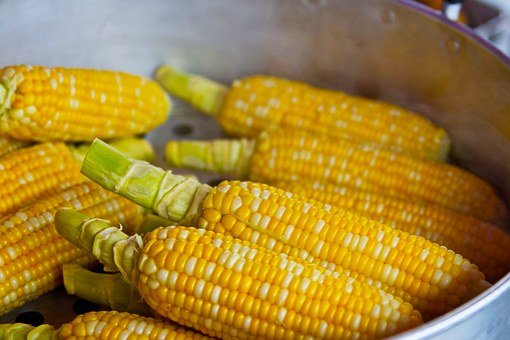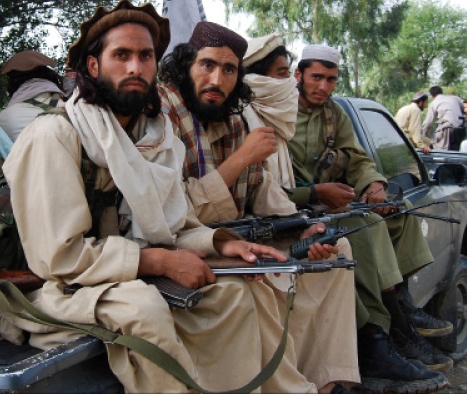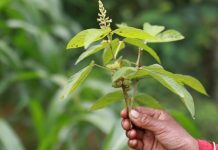The difficulties that Mexico has faced in recent times for protecting its food safety should be an eye-opener for all other developing countries including India. These difficulties are particularly acute in the case of corn crop which is the staple food-crop of the people of Mexico.
After Mexico agreed to sign the infamous NAFTA trade agreement it was almost inevitable that the cheaper corn imports from the USA will threaten the livelihood of several of its own farmers. This, however, was seen more as an economic issue. Its implications as a health issue became apparent to a larger number of people later when they realized that the USA has embraced the GM crop technology in a big way and it has spread to its corn crop as well. As many senior scientists have warned, there are very serious health hazards associated with the consumption of GM crops as food and with the use of herbicides like glyphosate which are used as a part of a package for growing some of these crops.
Mexico tried to reduce these health hazards by diverting a lot of the imported corn to industrial use and to feeding animals. But one way or the other , through meat or dairy food consumption for example, GM corn would still enter the food chain and health hazards would be there. Also imported GM corn could not be kept away entirely from direct consumption as it was much cheaper.
An even bigger concern for Mexico was to save Mexican farming of corn and its local varieties from genetic contamination caused by GM crops. So attempts were made to ensure in various ways that the imported GM corn is not used as seed. But even these efforts could not succeed entirely and there were reports of risks of genetic pollution caused to some extent at least. During 2004-09 the Mexican government came under a lot of pressure from multinational companies and made moves to grant permission for cultivation of GM corn crop but this was widely resisted by people and was challenged in courts of law and as a result this cultivation could not spread widely. The multinational companies tried to foster a strong GM lobby to support them within Mexico and also kept sounding their supporters in the US administration for support.
While on the one hand there were growing apprehensions regarding great risks to Mexican farming and food system, but on the other hand there were trends towards the revised NAFTA Agreement which would make it even more difficult to restrict genetically modified and gene edited crops and seed patenting too may tighten further.
In these disturbing conditions social and political mobilization for protection of food and farming systems grew. The present government as well President A.M.L. Obrador are committed to this as part of the promises made to people. The President re-affirmed such commitments to protect Mexican farming from onslaught of GM crops and the accompanying use of dangerous chemicals like glyphosate. In another announcement the President said later that Mexico is also planning to phase out imports of GM corn and other GM food.
While these efforts are widely welcomed by people, the concerned multinational companies are not only opposing these efforts in a big way but in addition they are trying to use key US officials to make things very difficult for the Mexican government if it persists with its efforts for protecting its food and farming system and the health of its people.
It is heartening that several public interest groups in the USA have come to the support of the Mexican government and people. In a letter released in April as many as about 80 such US groups ( representing important sectors like public health, agriculture, consumer protection and environment) have written to key officials in the Biden Administration asking them to “ respect Mexico’s sovereignty and refrain from interfering with its right to enact health-protective policies , specifically to phase out the herbicide glyphosate and the cultivation of genetically modified corn.”
The difficulties and pressures being faced by Mexico in getting out of the trap of GM crops and food should be an eye-opener for other countries and prompt them to stay away from this trap in the first place.
Bharat Dogra is a journalist and author. His books include Planet in Peril and 14 Questions About GM Crops as well as its Hindi version.














